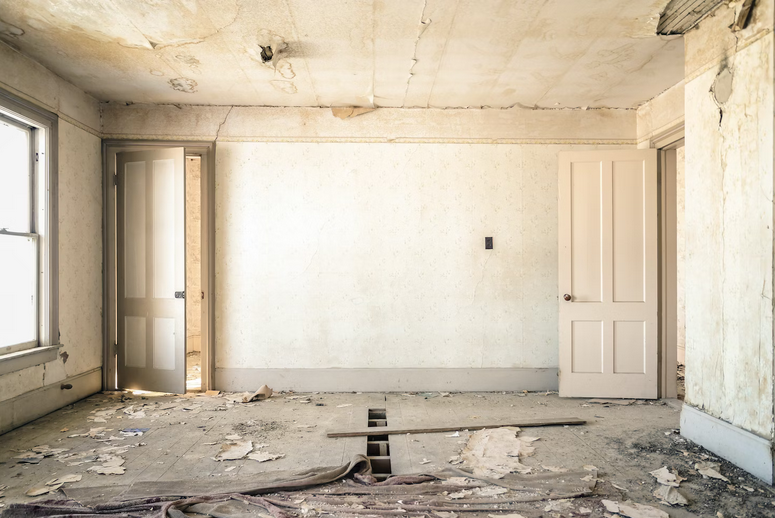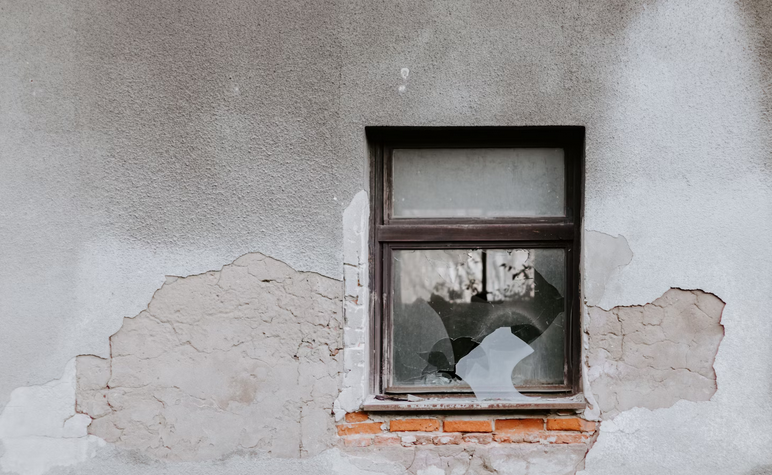Life is full of unexpected events, and unfortunately, some of those events can cause significant damage to our homes. Whether it’s a natural disaster like a flood or a fire or even a minor incident like a burst pipe, home damage can be financially devastating. So, can you sell a house that has fire damage? It is possible. However, with proper planning and a resilient mindset, you can navigate this challenging period and manage your finances effectively.
Assess the Damage and Prioritize

The first step in managing your finances after home damage is to assess the extent of the damage. This evaluation will help you understand the financial implications and prioritize repairs or replacements. Start by documenting the damage thoroughly and consult with professionals who can provide accurate estimates for repairs or rebuilding.
Review Insurance Coverage
Review your homeowner’s insurance policy carefully to understand what damages are covered and the amount of coverage available. Contact your insurance provider as soon as possible to initiate a claim. Provide all necessary documentation and ensure you understand the claims process, including deductibles and any additional expenses you may need to cover out of pocket.
Temporary Housing and Living Expenses
If your home is temporarily uninhabitable, consider the costs associated with finding alternative housing. Contact your insurance provider to determine if you have coverage for temporary accommodation. Additionally, factor in increased commuting costs or any other additional expenses that may arise during this period.
Budgeting and Financial Adjustments
 Home damage often comes with unexpected expenses. Creating a detailed budget that encompasses both immediate and long-term needs is crucial. Identify areas where you can cut back on discretionary spending while prioritizing essential expenses. Communicate with utility providers and creditors to discuss possible payment extensions or alternative arrangements to ease financial strain.
Home damage often comes with unexpected expenses. Creating a detailed budget that encompasses both immediate and long-term needs is crucial. Identify areas where you can cut back on discretionary spending while prioritizing essential expenses. Communicate with utility providers and creditors to discuss possible payment extensions or alternative arrangements to ease financial strain.
Government Assistance and Resources
In times of widespread home damage, local and national authorities may offer assistance programs to affected individuals. Stay updated with government websites, community organizations, and local news for information on available resources. These programs can provide financial aid, grants, or low-interest loans to help you with your recovery.
Professional Guidance
Navigating the aftermath of home damage can be overwhelming. Consider consulting with professionals such as financial advisors or insurance claims experts who can guide you through the process and ensure you make informed decisions. They can help you assess your financial situation, advise on insurance claims, and devise strategies to rebuild your finances in the long run.
Preventive Measures for the Future

Lastly, take steps to protect your finances from future home damage. Ensure you have adequate homeowner’s insurance coverage that aligns with the potential risks in your area. Consider preventive measures like installing proper drainage systems, fire-resistant materials, or security systems. Additionally, create an emergency fund that can provide a cushion in times of unforeseen events.
While home damage can disrupt our lives and pose significant financial challenges, adopting a proactive and resilient approach can help us manage our finances effectively. By assessing the damage, reviewing insurance coverage, budgeting wisely, and seeking professional guidance, we can navigate this difficult period and lay the groundwork for a strong financial recovery. Remember, your resilience in the face of adversity will pave the way for a brighter future.

